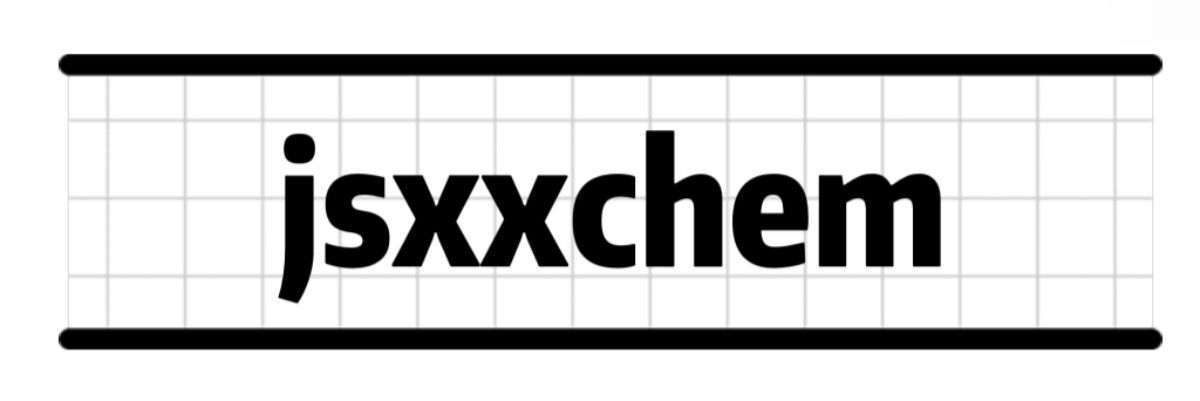Enhancing Your Tile Projects with Advanced Adhesive Solutions
When it comes to tiling, the choice of adhesive can significantly impact the project’s success. Whether you are a contractor or a DIY enthusiast, ensuring that tiles adhere securely and endure the test of time is paramount. One innovative solution gaining traction in the industry is a copolymer known for its multifunctional properties, Methyl Hydroxyethyl Cellulose (MHEC).
Understanding the Importance of Tile Adhesive Quality
Tile adhesive quality is crucial for preventing issues such as tile slippage, uneven surfaces, and premature wear. Many users experience challenges related to poor adhesion, requiring repairs that are costly and time-consuming. These concerns often stem from inadequate adhesive formulations that do not meet performance expectations.
Common Problems Faced by End Customers
- Tile Slippage: Tiles may slide or shift during installation, mainly due to the adhesive’s inability to maintain viscosity under pressure.
- Inadequate Open Time: Some adhesives dry too quickly, giving installers insufficient time to reposition tiles, leading to misalignments.
- Moisture Sensitivity: In areas prone to high humidity, conventional adhesives may struggle, resulting in separation or mold growth.
The Role of Methyl Hydroxyethyl Cellulose in Tile Adhesives
Methyl Hydroxyethyl Cellulose serves as a crucial additive that elevates the performance characteristics of tile adhesives. By understanding its unique contributions, customers can tackle common challenges effectively.
Improved Viscosity and Workability
One of the outstanding benefits of incorporating MHEC is its ability to significantly enhance the viscosity of tile adhesives. This property ensures that the adhesive retains its thickness during application, providing better control and reducing the risk of tile slippage. Customers consistently report improved handling characteristics, making the installation process smoother.
Extended Open Time
With MHEC, adhesion's open time is noticeably extended. This feature allows installers to have more flexibility during the laying process, ensuring tiles are aligned correctly before setting. It also accommodates slow installation workflows without compromising on the final bond strength.
Recommended article:Understanding the Benefits of Sensory Chambers for Wellness
Resistance to Water and Humidity
For projects involving wet environments, such as bathrooms or outdoor patios, MHEC offers excellent moisture resistance. It creates a robust barrier that diminishes the risk of mold and mildew, ensuring longevity and durability. This capability is particularly beneficial for end customers who require assurance that their investment will withstand environmental variables.
Conclusion: Optimizing Tile Projects
For anyone involved in tile installation, the choice of adhesive is critical. By incorporating Methyl Hydroxyethyl Cellulose in your adhesive formulation, you can address common issues faced during tile application, thereby enhancing performance and ensuring lasting results. Whether it’s improving viscosity, extending open time, or increasing moisture resistance, MHEC adds considerable value to tile adhesive products.
As you plan your next tiling project, consider the advantages brought by MHEC. Providing superior stability and performance will not only simplify the installation process but also deliver a professional finish that endures through time.


Comments
Please Join Us to post.
0